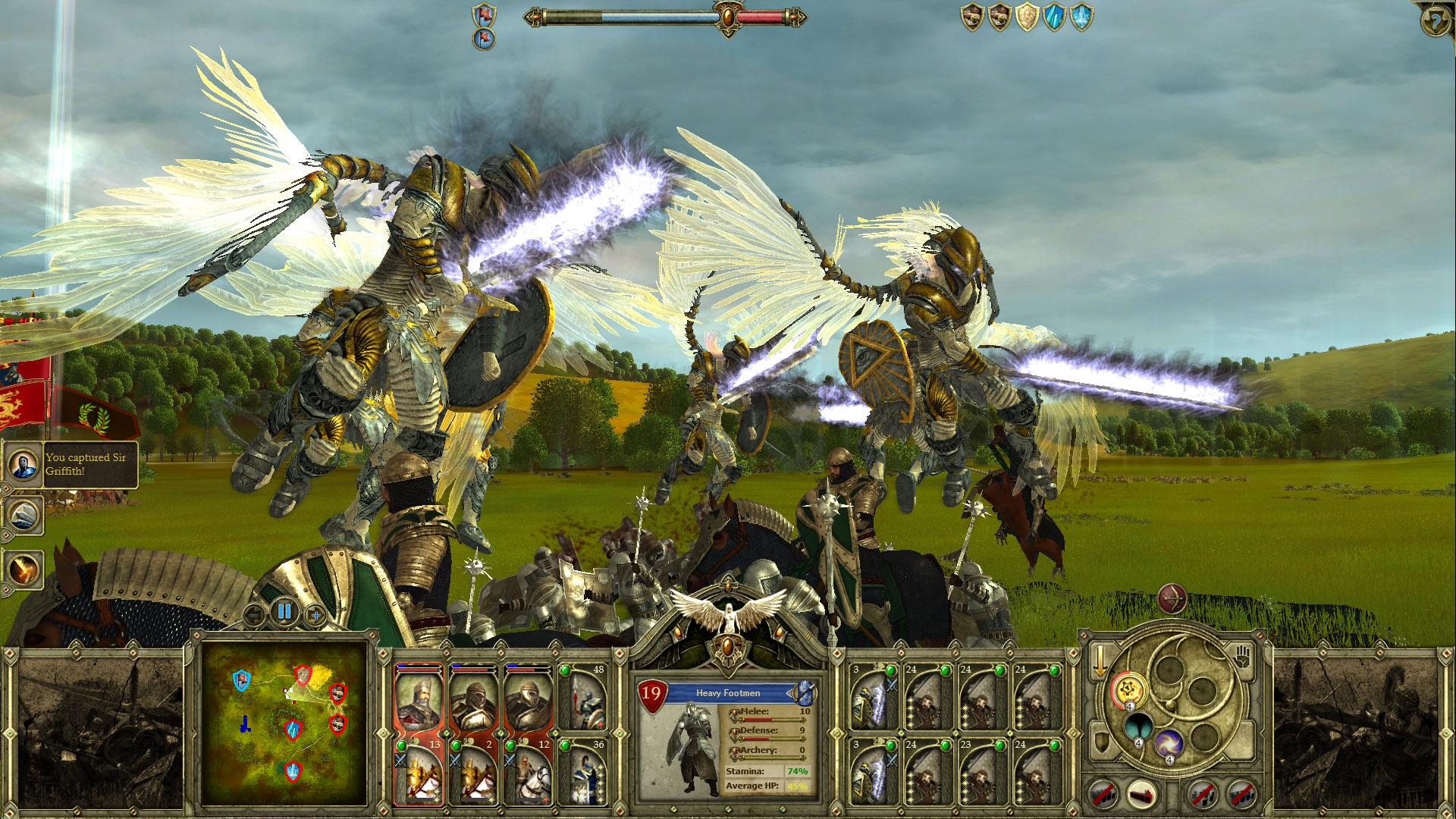
Geoffrey depicted Arthur as a king of Britain who defeated the Saxons and established a vast empire. How much of Geoffrey's Historia (completed in 1138) was adapted from such earlier sources, rather than invented by Geoffrey himself, is unknown.Īlthough the themes, events and characters of the Arthurian legend varied widely from text to text, and there is no one canonical version, Geoffrey's version of events often served as the starting point for later stories. In some Welsh and Breton tales and poems that date from before this work, Arthur appears either as a great warrior defending Britain from human and supernatural enemies or as a magical figure of folklore, sometimes associated with the Welsh otherworld Annwn. The legendary Arthur developed as a figure of international interest largely through the popularity of Geoffrey of Monmouth's fanciful and imaginative 12th-century Historia Regum Britanniae (History of the Kings of Britain). Arthur is a central figure in the legends making up the Matter of Britain. Arthur's name also occurs in early poetic sources such as Y Gododdin. The sparse historical background of Arthur is gleaned from various sources, including the Annales Cambriae, the Historia Brittonum, and the writings of Gildas. The details of Arthur's story are mainly composed of Welsh and English folklore and literary invention, and modern historians generally agree that he is unhistorical. Religious traits for Germanic Pagan knights are: Generous, Proud, Worldly, Reckless, Indulgent.King Arthur Pendragon was a legendary British leader who, according to medieval histories and romances, led the defence of Britain against Saxon invaders in the late 5th and early 6th centuries. The chief god of the nobles and warriors is Wotan, the all-seeing god of kings, warriors, and poets. Germanic Paganism, also known as Wotanism, reveres a pantheon of gods and goddesses. It would be folly to abandon that history." Our gods have led us in peace and in war, and their blood runs in our veins. Religious traits for British Christian knights are: Chaste, Energetic, Generous, Modest, Temperate. (This last one may sound like trivia but, as the most important holy day in the Christian calendar, it is a major source of friction.) Key differences include that local kings, not Rome, appoints men to the rank of bishop, a stronger focus on clerical poverty, less focus on the concept of Original Sin and a different calculation of the date of Easter. However, their conversion is often more in name than in practice and they retain much the same temperament and culture.īritish Christianity is a local religion with a different infrastructure to the Roman Christian church. Some Saxons may have converted to the faith of their lords. We accept the new faith and swear to defend it against desecrators and heretics." "The God of the victors is clearly the God of Victory, and we are wise to emulate the winners in their worship as well as their ways of war. Saxon women are said to be quite flirtatious. They are also confident at sea, often taking to the ocean for raids, making them fine sailors and swimmers.

Saxon training focuses on two-handed weapons and all of their menfolk are confident in using several such weapons, including large spears and swords.


Saxon stock tends to produce taller, stronger people than other cultures. Some Saxons are vassals of Logres but the vast majority live in lands of their own and make war against the other British peoples raiding, slaving, rapining and trying to enforce their rule on the land. In Britain they reasserted themselves by conquering and settling this land. The actual Saxon tribes comprise a large group, but other signicantly large groups include the Jutes and Angles all three were driven from their ancestral homelands by the hostile Danes. Humans are beings of "courage, individuality, loyalty, and honor." These virtues were distributed among the many peoples, thus creating the different tribes who settled in various regions of the continent. They made different tribes of people so they would compete with each other to manifest the virtues that make humans great. The gods made people to have allies against the giants and subterranean forces of Nature. They walked with the gods and have interbred with the great and small among them. The Saxons say they arose when the ancient gods made the first people from trees.


 0 kommentar(er)
0 kommentar(er)
